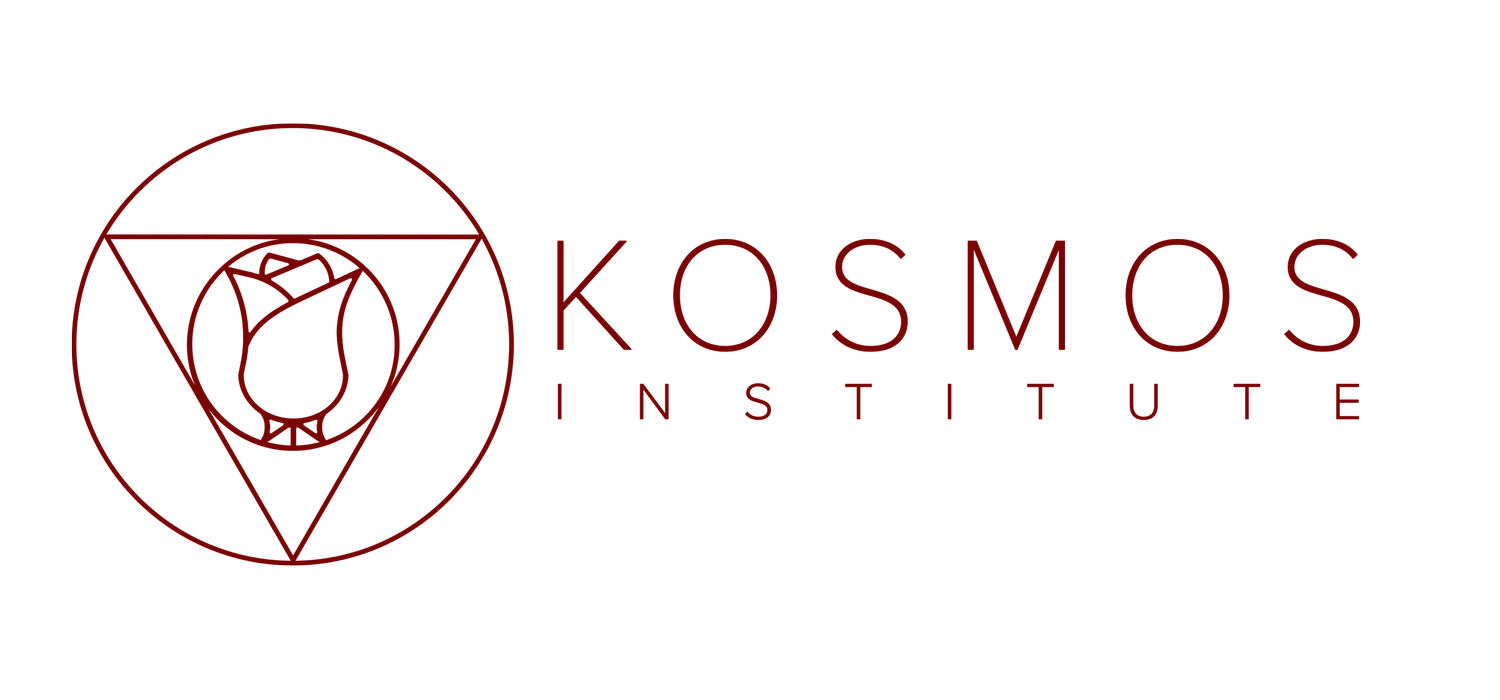Nine Saturdays Live on Zoom
12 PM — 1:30 PM PST
June 21 - August 23, 2025
Enrollment opens May 3, 2025
Harmony of the Spheres: Music in the Pythagorean-Platonic Tradition
Exploring Pythagorean and Neoplatonic Perspectives on Music and the Universe
Dr. Sebastian F. Moro Tornese
This course offers an in-depth exploration of the ancient philosophical concept of mousikê and its integral role in understanding the universe through the lens of cosmic law, inviting students to investigate the intricate relationships between music, metaphysics, and spirituality, tracing the evolution of these ideas from Orphic and Pythagorean traditions through Platonic dialogues to the profound syntheses of Neoplatonism by thinkers like Plotinus, Porphyry, Iamblichus, and Proclus.
Central to our inquiry is the notion of musica contemplativa, a profound expression of cosmic harmony that connects the microcosm of the human soul with the macrocosm of the universe. Throughout the course, we will engage with key themes such as musical cosmology, which illustrates how music embodies the metaphysical principles of reality, aligning with Neoplatonic ideas about the harmony of the spheres and the World-Soul's role in creation. By examining how music, as a unifying force (henôsis), reflects the essence of reality through sound, students will develop insights into how the tetraktys, a symbolic representation of the universe’s quaternary structure, underpins the harmony of creation across diverse realms, including the seasons and elements.
The course will further delve into the soul's attunement, revealing the ways in which music acts as a mediator between the intelligible and sensible worlds. We will explore how different musical modes resonate with the divine principles, facilitating the human soul's journey towards enlightenment and self-discovery. This exploration will include the Scala Naturae, a hierarchical framework that illustrates the soul's ascent through cosmic realms, guided by musician deities and the celestial orbits of the planets. By linking mythological archetypes and the liberal arts, students will uncover the symbolic significance of music across various cultural narratives.
Philosophical foundations will be established through critical readings of Orphic fragments, Pythagorean texts, and Platonic dialogues, along with Neoplatonic commentaries. These texts will illuminate music's pivotal role as a bridge between the One and the many, revealing how the harmony of the spheres becomes perceptible through the luminous vehicle of the soul (ochêma). We will also analyze the symbolic role of musical instruments in mediating cosmic forces, considering their connections to elements such as ether and air.
By the conclusion of this course, students will possess a comprehensive understanding of the metaphysical significance of music as a medium of cosmic attunement. They will engage with profound questions such as: How does Pythagorean music reflect cosmic harmony? and What insights can we gain from Pythagorean music theory and Neoplatonic music philosophy regarding our place in the universe? This transformative journey into the harmony of the spheres not only enhances academic knowledge but also fosters a spiritual connection to the cosmos through the art of music.
Upon successful completion of this course, students will be able to:
Articulate the Philosophical Foundations: Demonstrate an understanding of the key philosophical concepts underpinning the relationship between music and cosmic law as articulated by Orphic, Pythagorean, Platonic, and Neoplatonic thinkers.
Analyze Musical Cosmology: Evaluate how music reflects the metaphysical principles of reality, including the concepts of the World-Soul and the harmony of the spheres, through various musical traditions and theories.
Explore the Soul's Attunement: Investigate the role of music in mediating between the intelligible and sensible realms, and how this process aids in the soul's journey towards enlightenment.
Engage with the Scala Naturae: Discuss the hierarchical structure of the cosmos and the role of music within this framework, including its connections to mythology and the liberal arts.
Assess the Symbolism of Sound: Analyze the symbolic significance of musical instruments and their association with elemental forces, highlighting their role in the mediation of cosmic energies.
Reflect on Personal Experience: Connect personal musical experiences with the philosophical insights gained throughout the course, fostering a deeper understanding of music as a vehicle for cosmic attunement and self-discovery.
Dr. Sebastian F. Moro Tornese, originally from Buenos Aires, Argentina, is an accomplished scholar in the field of philosophy of music. He completed his studies in the United States before earning a Master’s degree from the University of Oviedo in Spain. Dr. Tornese obtained his doctorate at Royal Holloway under Professor Anne Sheppard, supported by scholarships from the Arts and Humanities Research Council, UK, and The Hellenic Institute.
His doctoral research centered on Neoplatonic philosophy, specifically examining the idea of cosmic harmony in Proclus' commentaries on Plato's Timaeus and Republic. He conducted postdoctoral research at Pompeu Fabra University in Barcelona, funded by a Haas Association scholarship, and at the Eugenio Trías Center for Philosophical Studies with sponsorship from Caixa Bank. His postdoctoral work focused on the philosophical implications of Pythagorean-Neoplatonic musical thought, exploring themes such as universal harmony, cosmic sympathy, and the musical interpretation of the "Anima Mundi" (World Soul) and "Scala Naturae" (Great Chain of Being).
Dr. Tornese has served as an associate professor of Medieval Philosophy at Pompeu Fabra University, where he taught courses on Ancient and Medieval Aesthetics and Philosophy of Music. He also held a professorship in Rhetoric within the Master’s program in Literary Journalism and Humanities at the Autonomous University of Barcelona.


